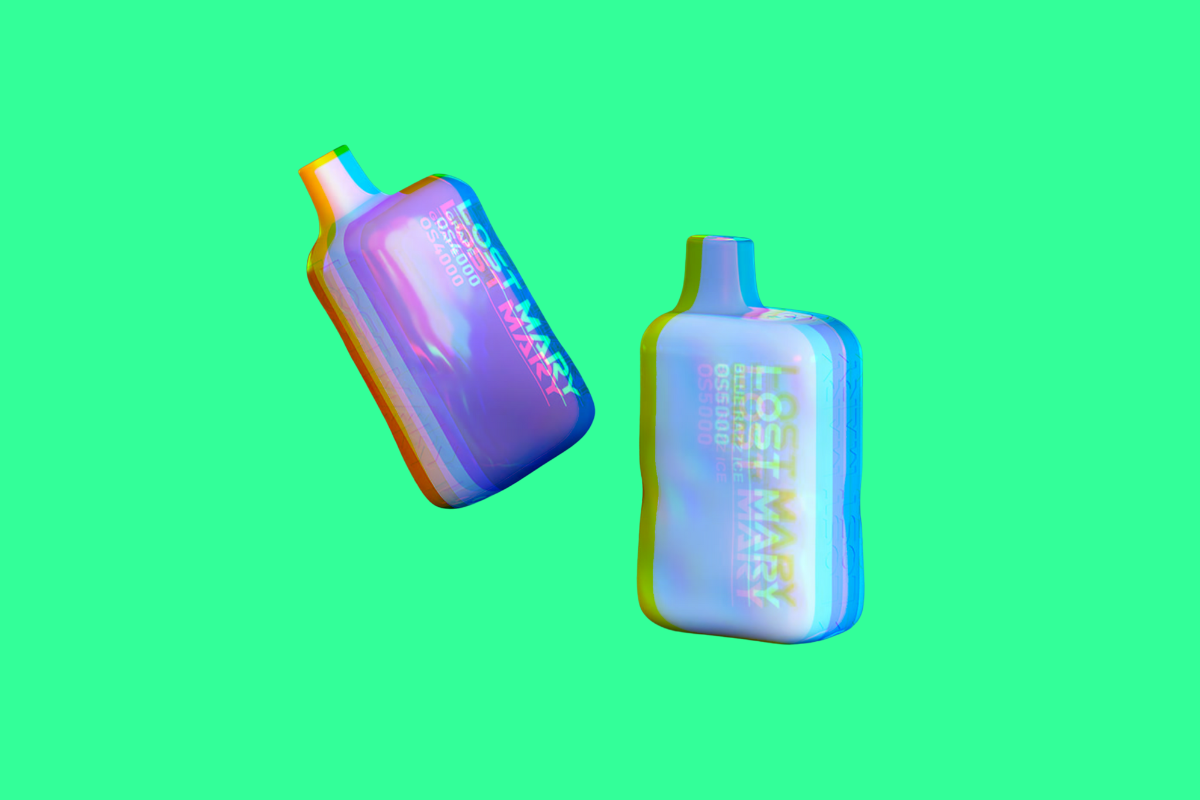Exploring eco-friendly materials in custom grip socks reflects a growing awareness and commitment to sustainability within the textile industry. As consumers seek more environmentally responsible options, manufacturers are innovating by incorporating eco-friendly materials into various products, including custom grip socks. Here’s a look at some of the sustainable materials gaining popularity in the design of these specialized socks:
- Organic Cotton: Organic cotton is a natural and biodegradable fiber that is grown without the use of synthetic pesticides or fertilizers. Custom grip socks made from organic cotton offer a soft and breathable option for eco-conscious consumers. This material is gentle on the environment and reduces the ecological footprint associated with conventional cotton cultivation.
- Bamboo Fiber: Bamboo is a fast-growing plant that requires minimal water and no pesticides to thrive. Bamboo fibers are naturally antimicrobial, moisture-wicking, and soft, making them an excellent choice for custom grip socks. Bamboo cultivation and processing have a lower environmental impact compared to traditional textile crops.
- Recycled Polyester: Recycled polyester is made from post-consumer plastic bottles or recycled polyester fabric. By using recycled materials, custom grip socks contribute to waste reduction and help repurpose plastic waste. Recycled polyester maintains the performance properties of traditional polyester while lessening its environmental impact.
- Recycled Nylon: Similar to recycled polyester, recycled nylon is created from post-consumer waste, such as discarded fishing nets or nylon fabric. Custom grip socks made from recycled nylon support the circular economy by repurposing existing materials, reducing the need for virgin nylon production.
- Tencel (Lyocell): Tencel is a sustainable fiber derived from wood pulp, often sourced from eucalyptus trees. The production process is environmentally friendly, using a closed-loop system that recycles solvents. Tencel is known for its softness, breathability, and moisture-wicking properties, making it a comfortable and eco-conscious choice for custom grip socks.
- Hemp Fiber: Hemp is a versatile and eco-friendly plant that requires minimal water and no pesticides to grow. Hemp fibers are durable, breathable, and naturally antimicrobial. Custom grip socks made from hemp contribute to sustainable agriculture practices and offer a renewable alternative to traditional textiles.
- Natural Rubber: Natural rubber, sourced from the latex of rubber trees, is used in the production of the grip patterns on the soles of grip socks. Opting for sustainably harvested natural rubber ensures that the material is obtained without harming the environment or local ecosystems.
- Water-Based Inks and Dyes: In addition to the choice of materials, the use of water-based inks and dyes for custom designs minimizes the environmental impact associated with traditional dyeing processes. Water-based alternatives are free from harmful chemicals and contribute to reduced water pollution.
By exploring and incorporating these eco-friendly materials into the production of custom grip socks, manufacturers and consumers can make strides toward reducing the environmental impact of the textile industry. Sustainable choices in materials not only benefit the planet but also align with the values of individuals seeking products that prioritize both performance and environmental responsibility.



